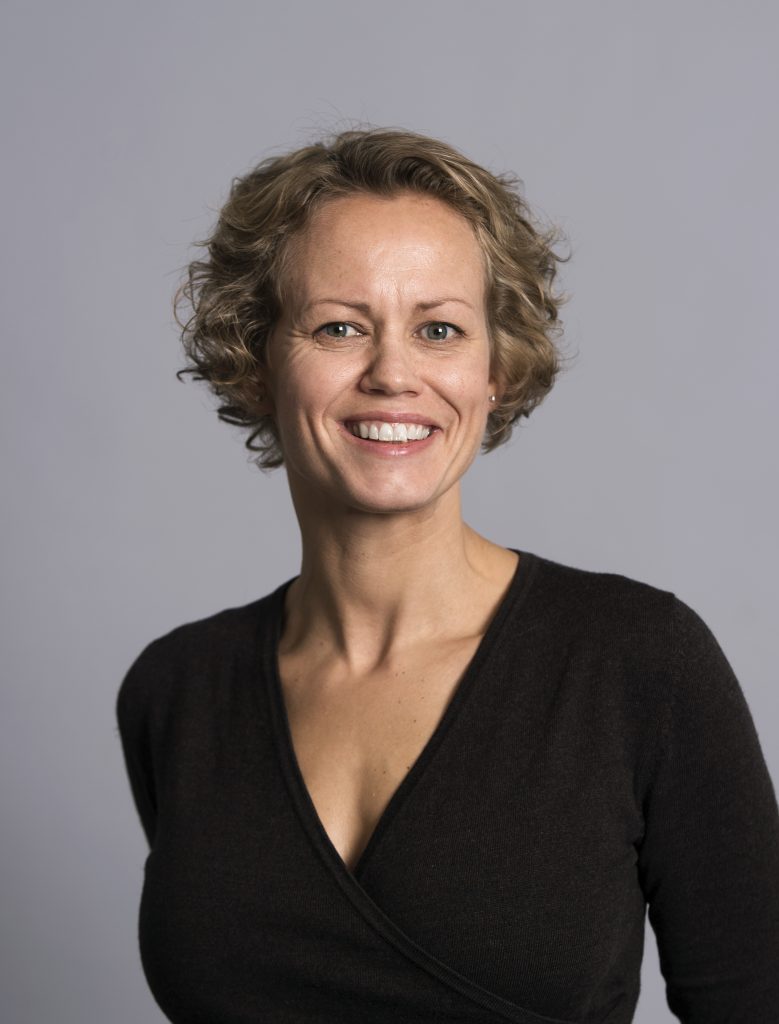Negotiated settlements have become the most common enforcement outcome for allegations of corruption involving corporations – which means, no court considers the question of guilt or determines the size of a penalty. Prominent examples of cases include Siemens, Halliburton, Vimpelcom and BAE. There are differing approaches across the world to the issue of out of court settlements. The lack of coherence means that the results of settlements can be arbitrary. This runs contrary to the aims of securing confidence in the ability of criminal justice systems to consistently sanction corruption. A key issue facing the anti-corruption community, therefore, is whether, a coordinated response in the form of a model Instrument on Negotiated Settlements is a necessary step forward in the global fight against corruption. In this seminar we present results of a global survey of settlement regulations, and discuss practices in light of legitimacy, fairness and bribery prevention.
Panel: Dr. Abiola Makinwa (Senior Lecturer at The Hague University of Applied Sciences, Anti-Corruption Compliance), Tina Søreide (Professor of Law and Economics (Dr. Econ) at the Norwegian School of Economics (NHH) at the Department of Accounting, Auditing and Law), and Arkan El Seblani (Attorney and Regional Manager at UNDP Arab States, Anti-Corruption).
When: Tuesday September 5, 13:00 – 14:00
Where: Bergen Resource Centre for International Development, Jekteviksbakken 31.
The event is free and open to all.
This event is part of the Corruption & Criminal Law Research Unit.
About the panel:
Dr. Abiola Makinwa is a Senior Lecturer in Commercial Law  with a special focus on Anti-Corruption Law and Policy at the Hague University of Applied Sciences in The Netherlands. Abiola was called to the Nigerian Bar in 1986 and previously lectured as a Senior Lecturer at the Lagos State University, Lagos, Nigeria. She is a professional member of the International Compliance Association and Chair of the Structured Criminal Settlements sub-committee of the International Bar Association Anti-Corruption Committee. Dr. Makinwa holds a Ph.D from Erasmus University Rotterdam. Her thesis, published as a book, Private Remedies for Corruption:Towards an International Framework (Eleven 2013), focuses on the role of private actors and the importance of public/private dialogue in the fight against corruption. Her essay ‘Future Thinking through the Prism of International Corruption’ won the 2010 Hague Institute for the Internationalization of Law Future Thinking Essay award. Dr. Makinwa was appointed as the Dutch National Reporter together with Professor X. Kramer to report on ‘Civil Law Consequences of Corruption in International Commercial Contracts’ for the 19th Congress of the International Academy of Comparative Law (Vienna,2014). In 2013, Dr Makinwa was awarded an EU OLAF Hercule II Grant to research European Perspectives on Negotiated Settlements for Corruption Offences. This resulted in a book, A. Makinwa (Eds) Negotiated Settlements for Corruption Offences: A European Perspective (Eleven, 2015).Dr. Makinwa is a frequent speaker on anti-corruption law and policy and has introduced Anti-Corruption Compliance as an undergraduate course at The Hague University of Applied Sciences.
with a special focus on Anti-Corruption Law and Policy at the Hague University of Applied Sciences in The Netherlands. Abiola was called to the Nigerian Bar in 1986 and previously lectured as a Senior Lecturer at the Lagos State University, Lagos, Nigeria. She is a professional member of the International Compliance Association and Chair of the Structured Criminal Settlements sub-committee of the International Bar Association Anti-Corruption Committee. Dr. Makinwa holds a Ph.D from Erasmus University Rotterdam. Her thesis, published as a book, Private Remedies for Corruption:Towards an International Framework (Eleven 2013), focuses on the role of private actors and the importance of public/private dialogue in the fight against corruption. Her essay ‘Future Thinking through the Prism of International Corruption’ won the 2010 Hague Institute for the Internationalization of Law Future Thinking Essay award. Dr. Makinwa was appointed as the Dutch National Reporter together with Professor X. Kramer to report on ‘Civil Law Consequences of Corruption in International Commercial Contracts’ for the 19th Congress of the International Academy of Comparative Law (Vienna,2014). In 2013, Dr Makinwa was awarded an EU OLAF Hercule II Grant to research European Perspectives on Negotiated Settlements for Corruption Offences. This resulted in a book, A. Makinwa (Eds) Negotiated Settlements for Corruption Offences: A European Perspective (Eleven, 2015).Dr. Makinwa is a frequent speaker on anti-corruption law and policy and has introduced Anti-Corruption Compliance as an undergraduate course at The Hague University of Applied Sciences.
Tina Søreide is Professor of Law and Economics (Dr. Econ) at  the Norwegian School of Economics (NHH) at the Department of Accounting, Auditing and Law, and the coordinator of the Corruption and Criminal Research unit at LawTransform. She was previously employed by the Faculty of Law, University of Bergen (UiB), the Chr. Michelsen Institute (CMI) and the World Bank, Washington DC. Her research is focused on corruption, governance, markets and development, currently with an emphasis on law enforcement. She has published extensively on corruption and governance, including several books – the latest being Corruption and Criminal Justice: Bridging Legal and Economic Perspectives (Edw. Elgar, 2016). Søreide has been engaged in policy work for the Norwegian Government and internationally, including for the OECD, the EU, the World Bank, development agencies and governments. She is a member of the High Level Advisory Group on Anticorruption and Integrity (HLAG) to the Secretary General of the OECD. In 2016 Tina Søreide won the 2017 best teacher prize for her master course “Corruption – Incentives, Disclosure and Liability” (more about the course click here). This is a prize for excellent teaching at the master level at NHH, awarded annually by the students.
the Norwegian School of Economics (NHH) at the Department of Accounting, Auditing and Law, and the coordinator of the Corruption and Criminal Research unit at LawTransform. She was previously employed by the Faculty of Law, University of Bergen (UiB), the Chr. Michelsen Institute (CMI) and the World Bank, Washington DC. Her research is focused on corruption, governance, markets and development, currently with an emphasis on law enforcement. She has published extensively on corruption and governance, including several books – the latest being Corruption and Criminal Justice: Bridging Legal and Economic Perspectives (Edw. Elgar, 2016). Søreide has been engaged in policy work for the Norwegian Government and internationally, including for the OECD, the EU, the World Bank, development agencies and governments. She is a member of the High Level Advisory Group on Anticorruption and Integrity (HLAG) to the Secretary General of the OECD. In 2016 Tina Søreide won the 2017 best teacher prize for her master course “Corruption – Incentives, Disclosure and Liability” (more about the course click here). This is a prize for excellent teaching at the master level at NHH, awarded annually by the students.
Arkan El Seblani is a international development professional and  legal attorney. He has nearly ten years of experience in supporting governance reforms in the Arab states. He has designed and implemented various anti-corruption and rule of law activities, and supported the realization of milestone achievements in these fields. He has strong knowledge of governance challenges and reform opportunities in the region, and an unique strong network of policymakers, civil society leaders, experts, and other key stakeholders in all Arab countries and many others. Key specialties: international law, governance, anti-corruption, rule of law, project management.
legal attorney. He has nearly ten years of experience in supporting governance reforms in the Arab states. He has designed and implemented various anti-corruption and rule of law activities, and supported the realization of milestone achievements in these fields. He has strong knowledge of governance challenges and reform opportunities in the region, and an unique strong network of policymakers, civil society leaders, experts, and other key stakeholders in all Arab countries and many others. Key specialties: international law, governance, anti-corruption, rule of law, project management.
Illustration Picture: Victor.
Licence for use: https://creativecommons.org/licenses/by/2.0/ – CC BY 2.0

